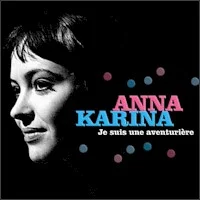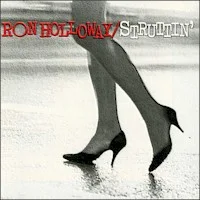Time: 63:20
Size: 145.0 MB
Styles: Bop, Piano jazz
Year: 1989/2005
Art: Front
[6:01] 1. There'll Never Be Another You
[4:50] 2. I Only Have Eyes For You
[6:09] 3. What Am I Here For
[6:57] 4. Limehouse Blues
[5:41] 5. All The Things You Are
[5:39] 6. Honeysuckle Rose
[6:07] 7. I Got It Bad And That Ain't Good
[6:09] 8. Smoke Gets In Your Eyes
[4:09] 9. Cotton Tail
[5:56] 10. Laura
[5:37] 11. One For Bunz
Although André Previn had not recorded a regular jazz album in 27 years at this point in time (discounting a pair of Itzhak Perlman sessions featuring Previn's compositions), the great majority of the performances on this trio set with guitarist Joe Pass and bassist Ray Brown are first takes. Previn took time off from his busy schedule in the classical music world to return briefly to jazz, his first love. The results are often magical. Previn, Pass and Brown play together as if they had been touring as a group for years. The pianist is generous with solo space and Pass' solos are sometimes exhilarating. For Previn, it is as if the previous three decades did not occur for he plays in a style little changed from 1960, displaying an Oscar Peterson influence mixed in with touches of Lennie Tristano and Bill Evans' chording, performing ten standards and his own "One for Bunz." Highly recommended. ~Scott Yanow
After Hours mc
After Hours zippy












